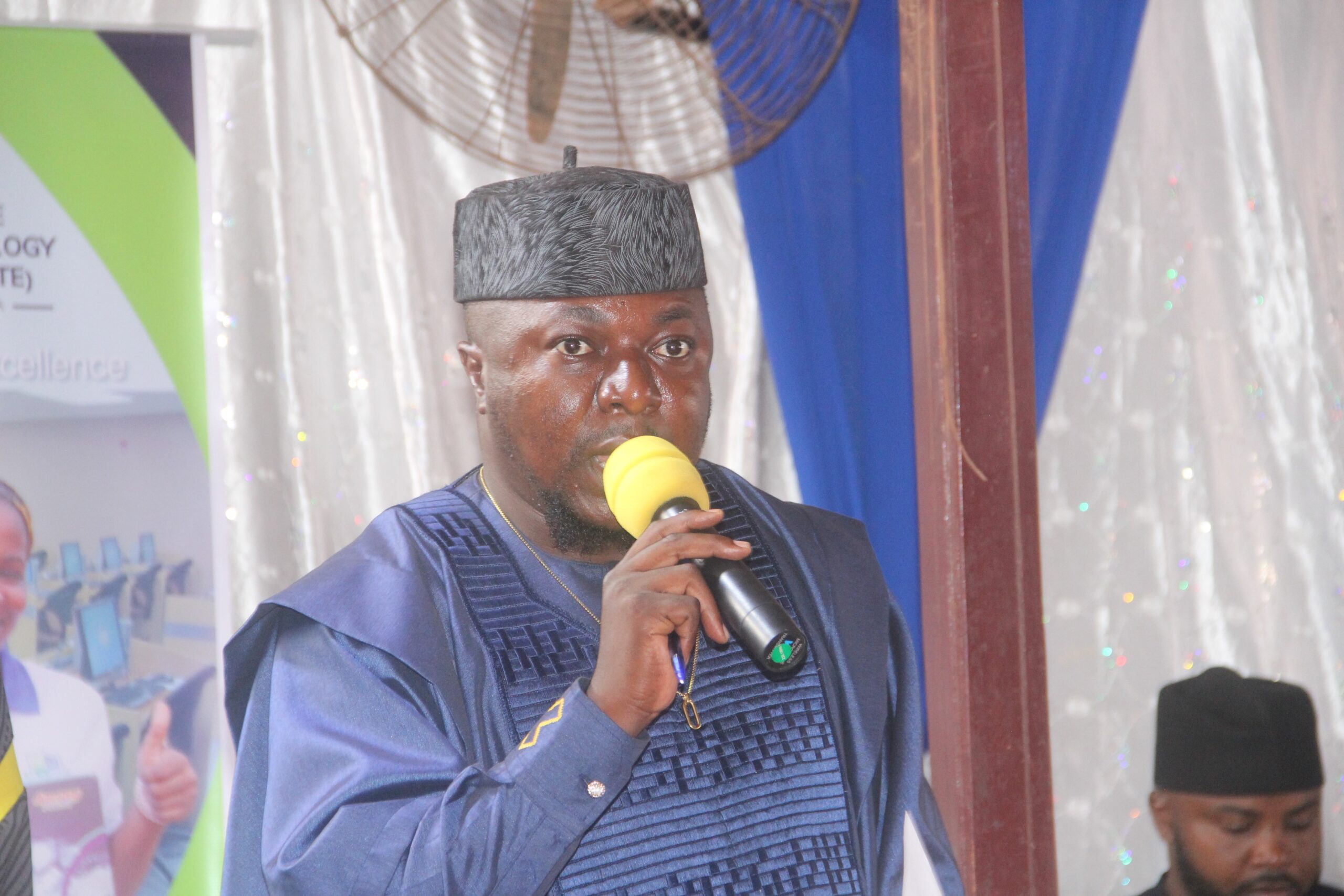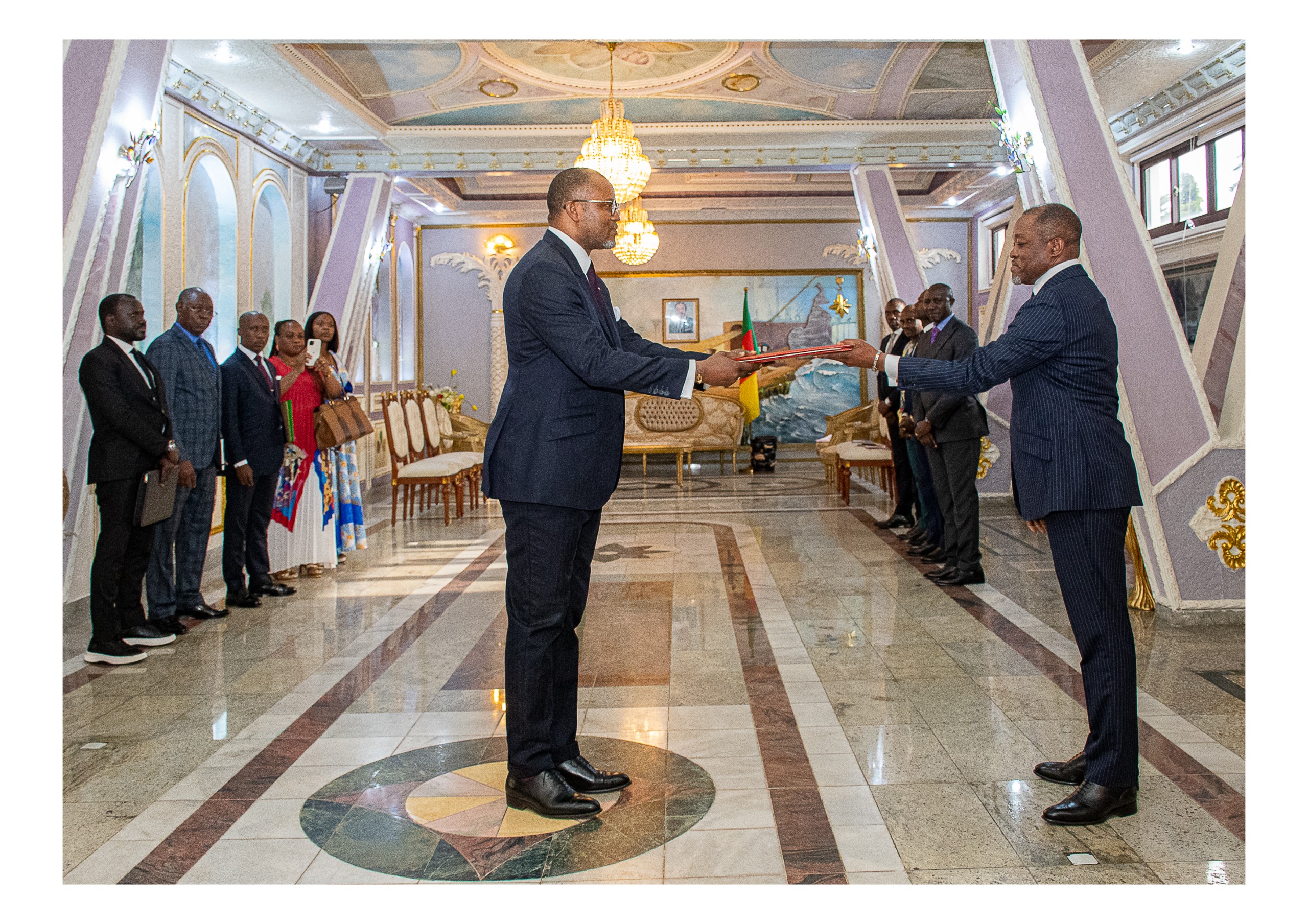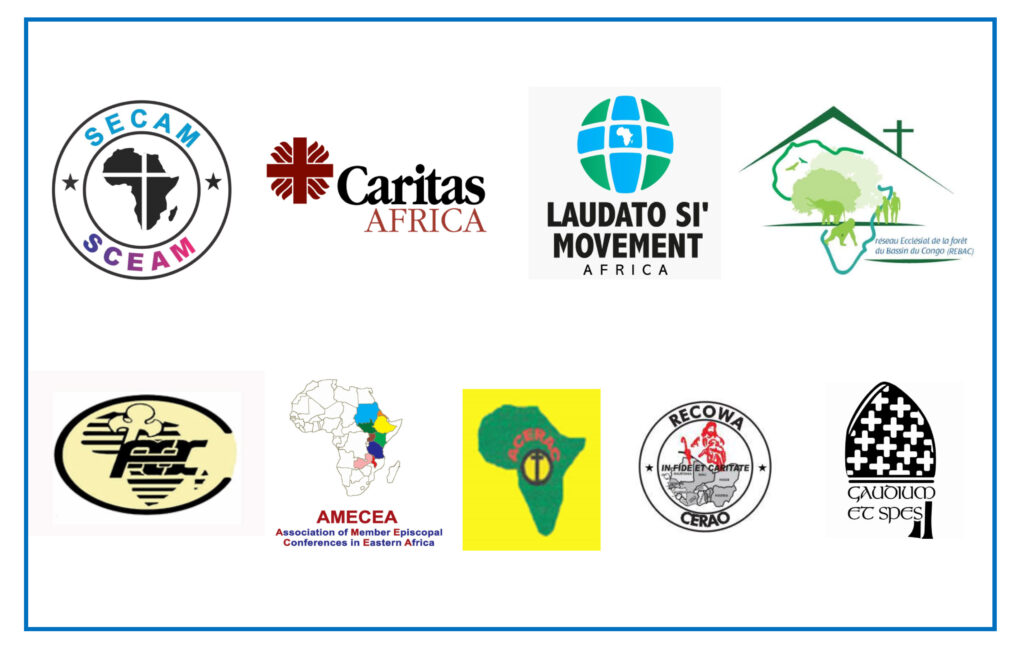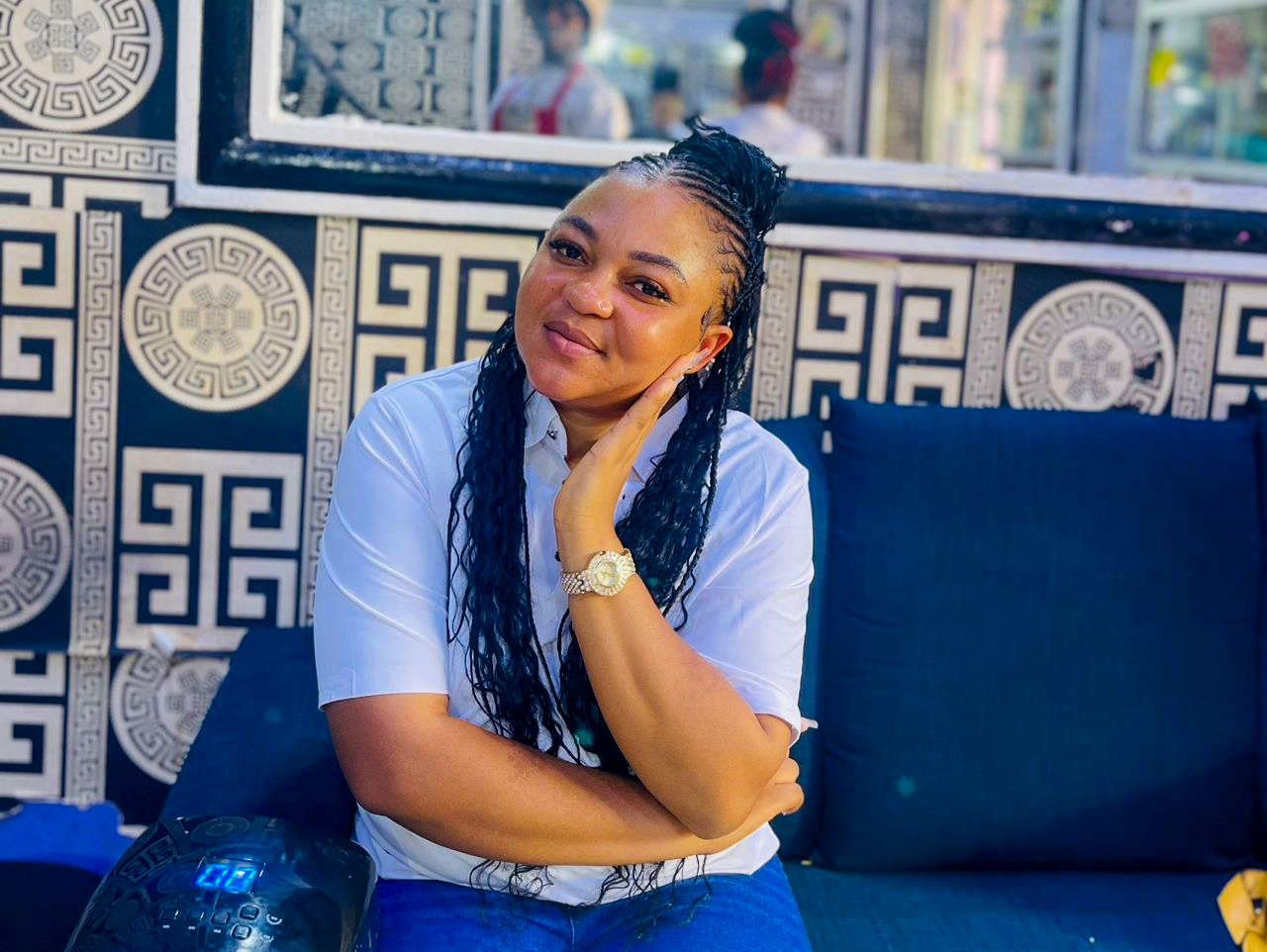Wirdin Blaise Suiven, widely known as Capital D.V.U, The Microphone Engineer, has stated that being a Master of Ceremony (MC) encompasses much more than just speaking into a microphone; it’s about creating a vibrant atmosphere where people feel connected, engaged, and inspired. In an exclusive interview with The Post, Capital D.V.U shared his journey and insights on the essential qualities that make an effective MC. He stressed that cultivating the habit of listening is paramount, as it allows one to read the room, gauge the crowd’s energy, and respond with empathy. By understanding the audience’s needs and emotions, he indicated that an MC can elevate the event experience, turning moments into memorable connections. Read the full excerpt to discover more about his philosophy and approach to the art of being an MC.

Full except:
The Post: What inspired you to become a Master of Ceremony, and how did you get started in this role?
Capital D.V.U: Growing up in our village, I witnessed firsthand how the community grappled with worries about basic needs like water and electricity. Yet, there was something magical that happened when we gathered together. Music filled the air, stories were shared, and hope blossomed as we discussed plans for a brighter tomorrow. It struck me that the microphone could serve as a bridge—linking fear to hope, uniting donors with dreams.
I began my journey by volunteering to MC small school events, church gatherings, and fundraisers for various community projects. Each opportunity was a chance to learn. I studied the art of pacing a room, developed the ability to read the audience, and practiced weaving humor and purpose into every moment. The more I immersed myself in this role, the clearer it became that a true MC is not merely a voice on stage but a conductor of energy and collaboration, a facilitator of a shared vision.
What are some of the key skills you believe are essential for someone to be an effective MC?
That’s a great question! There are several essential skills that every effective MC should possess. First and foremost is impeccable language and clarity. This includes precise diction and varied cadence, as well as the ability to tailor your voice to the room. Following that is powerful body language—eye contact, confident posture, and purposeful movements that can amplify your message significantly.
Improvisation and quick thinking are also crucial. Events rarely go exactly as planned, and being able to adapt on the fly is essential when unexpected situations arise. Audience reading is another vital skill; sensing the mood, pacing jokes appropriately, and knowing when to energize or calm the room can make or break an event.
Collaboration is key as well. An MC must work seamlessly with hosts, sponsors, performers, and technicians to create a cohesive experience. Furthermore, humor—when used with tact—can uplift the event. Light, relatable, and respectful humor can create connection rather than alienation. Finally, preparation discipline is paramount. Familiarity with names, timelines, and key moments sets the stage for an outstanding performance.
Tell me about a time when an event didn’t go as planned. How did you handle the unexpected challenge?
Absolutely. I recall a wedding where the couple arrived late, and there was no artist available to keep the energy alive in the hall. In that moment, staying calm was my priority. I engaged the audience with a warm welcome and provided light commentary to bridge the time gap. Drawing on my memory of the schedule, I restructured the program, transforming the delay into an opportunity for connection. I initiated a spontaneous crowd sing-along to maintain the momentum and keep spirits high.
The key to navigating such hiccups is presence. Acknowledge the situation, improvise a safe and engaging substitute, and maintain the energy without letting the audience feel the stress. My skills in singing and comedy certainly helped, but I always emphasize that thorough event planning is essential to minimize such mishaps.
How do you prepare for an event, and what steps do you take to ensure everything runs smoothly?
Preparation is everything in this line of work. First, I start by understanding the goals of the event—what do we want to achieve? Is it raising funds, increasing awareness, or simply celebrating a milestone? Next, I map out the flow of the event, outlining the timing, my lines as the MC, transitions, and cue points for each act.
Pre-briefing the team is also a crucial step. Aligning with hosts, performers, technicians, and volunteers on their roles and any contingency plans helps everyone feel prepared. Personalizing the room is important too; learning a few audience-facing details—like names or groups—allows me to weave those elements into my delivery naturally.
I also prepare for contingencies by having backup plans in place. This includes alternative lines, pauses, and quick resolutions for any technical or talent gaps. Rehearsing the sequence is vital; practicing timing and testing microphones and cues ensures that I am ready. Above all, I stay adaptable, maintaining a calm demeanor and having a few go-to improv bits ready, all while keeping the event’s purpose front and center.
In your experience, what are some common challenges you face as an MC, and how do you overcome them?
Common challenges definitely arise. Technical glitches, for instance, require immediate adaptation. When a microphone malfunctions or a presentation fails, I fill the gap with engaging commentary or a warm anecdote while technicians work to resolve the issue.
Difficult audience moments can also arise, requiring me to steer the narrative back to a positive note. Using inclusive language and a unifying call-to-action often helps to refocus the crowd. Time pressure is another challenge; when the clock is ticking, I prune content to essentials, maintain pace, and utilize precise transitions to keep everything flowing smoothly.
Additionally, managing sponsor or stakeholder tensions demands careful handling. I focus on delivering updates with gratitude, acknowledging contributions, and redirecting attention to our shared goals. Finally, language or cultural nuances require sensitivity; I ensure that my jokes and references are respectful and inclusive, always aiming to keep the tone uplifting.
What advice would you give to someone who is considering becoming a Master of Ceremony?
My foremost advice is to practice relentlessly. Rehearse speeches, refine your mic technique, and develop your stage presence. Study the great MCs, but remember to tailor your style to fit your community and the specific purpose of your events. Cultivating the habit of listening is also vital—read the room, understand the crowd, and respond with empathy and energy.
Start small; take on smaller events to sharpen your timing and transitions before scaling up to larger gatherings. Most importantly, keep your mission in sight. Every word you speak should move the room toward a shared goal, whether that’s raising funds, celebrating progress, or igniting hope within a community.
In essence, being a Master of Ceremony is about more than just speaking; it’s about creating an environment where people feel connected and inspired.


